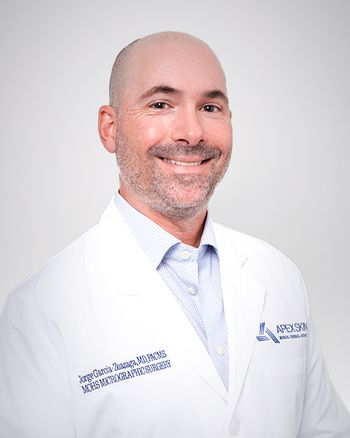
Electronic health record donations now acceptable
A hospital may provide your practice a qualifying EHR or e-prescribing system and forego - or donate - up to 85 percent of the system's cost.
A new exception in the Stark regulations - and a related new safe harbor in the federal anti-kickback statutes - allows hospitals to donate electronic health records (EHR) and e-prescribing software and training services to physicians for a fraction of the system's price.
Stark realities
The Stark law, as you know, prohibits a physician from referring Medicare patients for certain designated health services to entities with which the physician has a financial relationship, unless an exception applies.
Previously, hospitals had to worry about violating the Stark law's restrictions concerning physician referrals and the federal anti-kickback statutes when donating software or equipment to physician practices. Now through Dec. 31, 2013, a hospital may provide your practice a qualifying EHR or e-prescribing system and forego - or donate - up to 85 percent of the system's cost. Put another way, your practice could purchase an e-prescribing system or an EHR that contains e-prescribing for as little as 15 percent of the system's costs, excluding hardware and certain other expenses.
There is no cap on the value of the donation, but your practice must pay for its portion of the donated technology before receiving the items or services. That payment cannot be in the form of services, referrals, in-kind payments or the like. The hospital also is forbidden from financing your payment.
EHR systems
As always with federal regulations, you have to read the fine print.
The Department of Health and Human Services (HHS) defines an EHR as "a repository of consumer health status information in computer-processable form used for clinical diagnosis and treatment for a broad array of clinical conditions."
The only requirement for the EHR system itself is that it must be interoperable and contain electronic prescribing software (or the ability to interface with an existing system) that meets Medicare Part D standards. HHS contracted with the Certification Commission for Healthcare Information Technology (CCHIT) to develop certification criteria and a certification process. CCHIT uses interoperability as one of its three key criteria, and, as of Oct. 10, 2006, had certified 22 vendors.
"Dos" and "don'ts"
HHS allows a hospital to base its selection of the physicians who receive the donations on the total number of prescriptions they write, but not the value of those prescriptions.
The selection also can be based on practice size, hours of medical practice, patient encounters, whether physicians are members of the hospital's medical staff, and the practice's overall use of automation.
The breadth of the Stark law exception and anti-kickback safe harbor are limited; namely, the choice of which physicians are offered the donated technology cannot be based on the number or volume of referrals the hospital receives from those physicians.
If your practice has already purchased an EHR, you may not be eligible for the donation because HHS requires that the software and training services be "necessary."
HHS pointedly states that it does "not believe that items and services are 'necessary' if the physician already possesses equivalent items and services."
If you qualify, the donation may include practice management software, so long as the electronic health record is "predominant." In addition to scheduling and billing software, the hospital may provide interfaces, Internet connectivity (broadband and wireless), secure messaging, maintenance and help desk services.
Newsletter
Like what you’re reading? Subscribe to Dermatology Times for weekly updates on therapies, innovations, and real-world practice tips.












